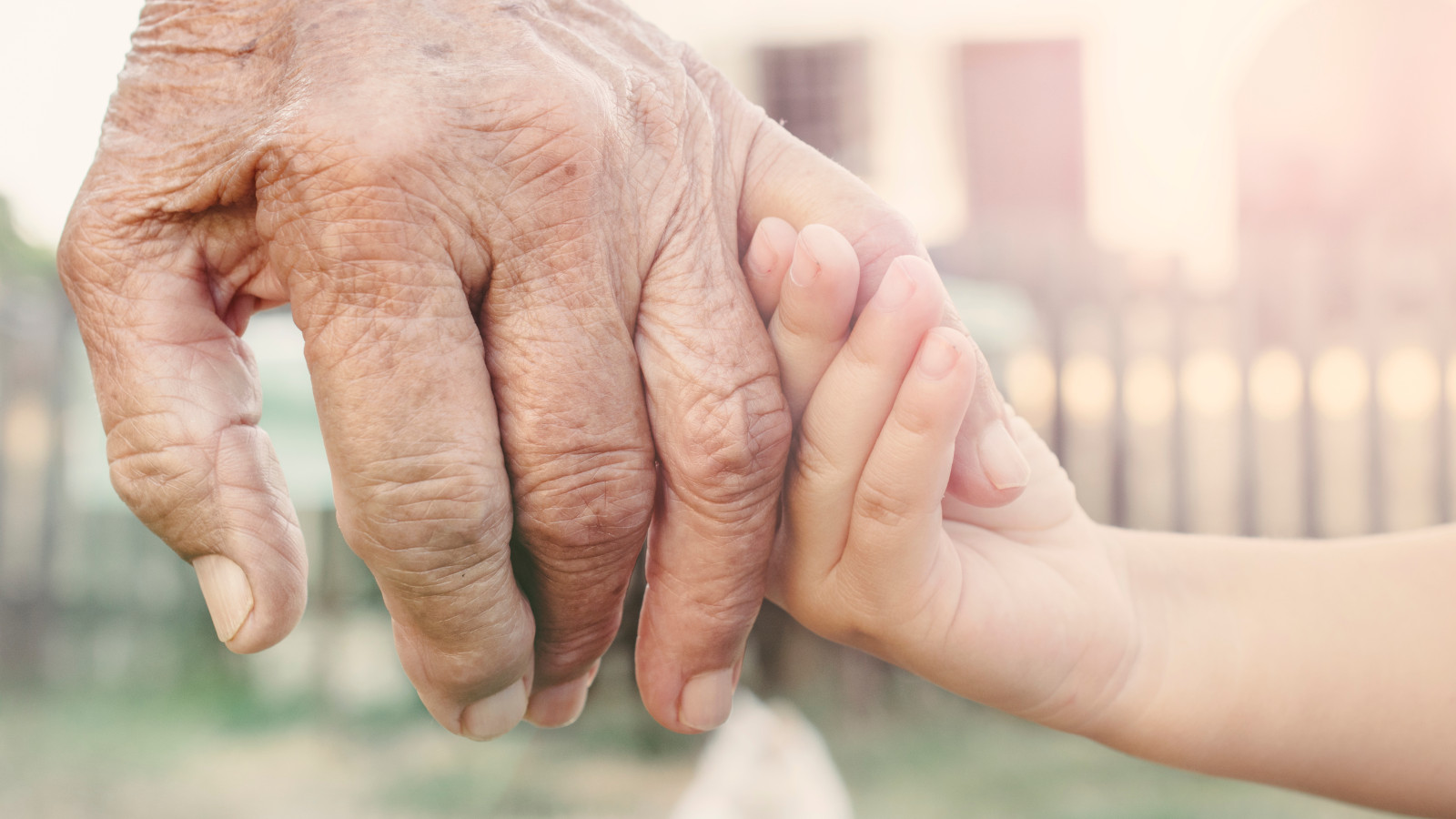- 6.5 million individuals living in rural areas have a mental illness
- Over 60% of rural Americans live in designated mental health provider shortage areas
The Journal of Clinical and Translational Science published an article discussing the disparity between adults living in metropolitan and rural areas regarding access to and treatment of mental health conditions. While it was found that the prevalence of mental health was similar, it was determined that rural residents are less likely to receive timely and appropriate treatment for mental health issues. The reasons for this gap in care and treatment are two-fold. Rural residents are at a disadvantage from a location and cultural standpoint in some cases. These factors, including the non-existence of specialized providers in more rural areas, create a barrier for people needing mental health services. Because of their geographical location, rural residents have limited access to providers in proximity. There may be no mental health care nearby requiring them to drive to an urban area for treatment. Residents might also be unable to find trained mental health providers to help them or coordinate care with their physicians. Any available mental health services might be underutilized because of difficulty in finding care or the burden of traveling to receive care. Culturally, research has found that residents in rural areas seek out mental health care at a lower rate than their urban counterparts. Rural residents suffering from mental health issues might avoid seeking help because of the perceived stigma surrounding mental illness or a lack of education about mental health treatment.
According to the Rural Health Information Hub, rural residents might avoid seeking care because of a lack of anonymity in a smaller town or a lack of culturally appropriate care for minority patients. If these issues were addressed with access to care, rural residents would feel more comfortable seeking help from their local hospital. Overall, the need is clear for better access to mental health care for rural populations. However, several populations carry statistics that make the need significant if not urgent.
Special Populations at High Risk for Mental Health Issues
Demographic research has discovered that adolescents and older adults in rural areas are both at higher risk for mental health issues and death by suicide. Mental disorders are more prevalent in rural children than children in urban areas. Older adults in rural areas are also at a disadvantage. With a lack of specialty geriatric mental health care, 10-25% of the geriatric population diagnosed with serious mental illness go without care or treatment. Suicide risk is a particular concern for these two populations. With a suicide rate almost double that of urban areas, rural youth deaths by suicide are four times that of adults older than 34 years. Older adults in rural areas are also at significant risk. Social isolation, lack of financial means, and access to lethal means are some of the contributing factors to the high rates, but the common factor is the lack of mental health care services.
Mental Health Providers in Rural Areas
The absence of mental health care providers in rural areas is a significant concern based on the above statistics. Without access to mental health services, rural Americans are at an elevated risk of ongoing mental health issues. According to The Journal of Clinical and Translational Science, mental health provider shortage areas are home to over 60% of people in rural areas. This comes as no surprise when 65% of rural counties are without psychiatrists. Psychiatric Medical Care partners with rural hospitals to provide much-needed mental health services and care to patients in need.
Your hospital can benefit from Psychiatric Medical Care’s (PMC) comprehensive solutions:
- After-care programs post-discharge
- Award-winning community education support
- Compliance and crisis prevention training
- Financial impact and cost report analysis
- Forms and billing training
- Partnerships with medical schools
- Physician and staff recruitment
- Policies and procedures templates
- Program management and operational oversight
- Telepsychiatry system and capability
PMC’s programs are designed to meet the specific needs of acute care hospitals based in rural areas. We partner with small and large, for-profit and non-profit, critical access hospitals. Together, we can address your community’s needs and improve your older adults’ quality of life while providing a financial benefit to your hospital.
Download
Download a copy of this white paper – Addressing the Need for Mental Healthcare in Rural Areas.
About PMC
Psychiatric Medical Care (PMC) works to improve access to behavioral healthcare in communities like yours. Our founder and chief medical officer, James A. Greene, M.D., developed PMC with the sole mission of improving the function and quality of life for patients living in underserved communities. Our clinical leadership team consists of some of the country’s most knowledgeable and recognized mental health leaders. We offer extensive support to our hospitals and partners, including recruiting, training, and education for each clinical function. If you are interested in learning more about PMC and how your hospital could benefit from our partnership, contact us today.
Call (615) 647-0750 or visit our Contact Us page.



